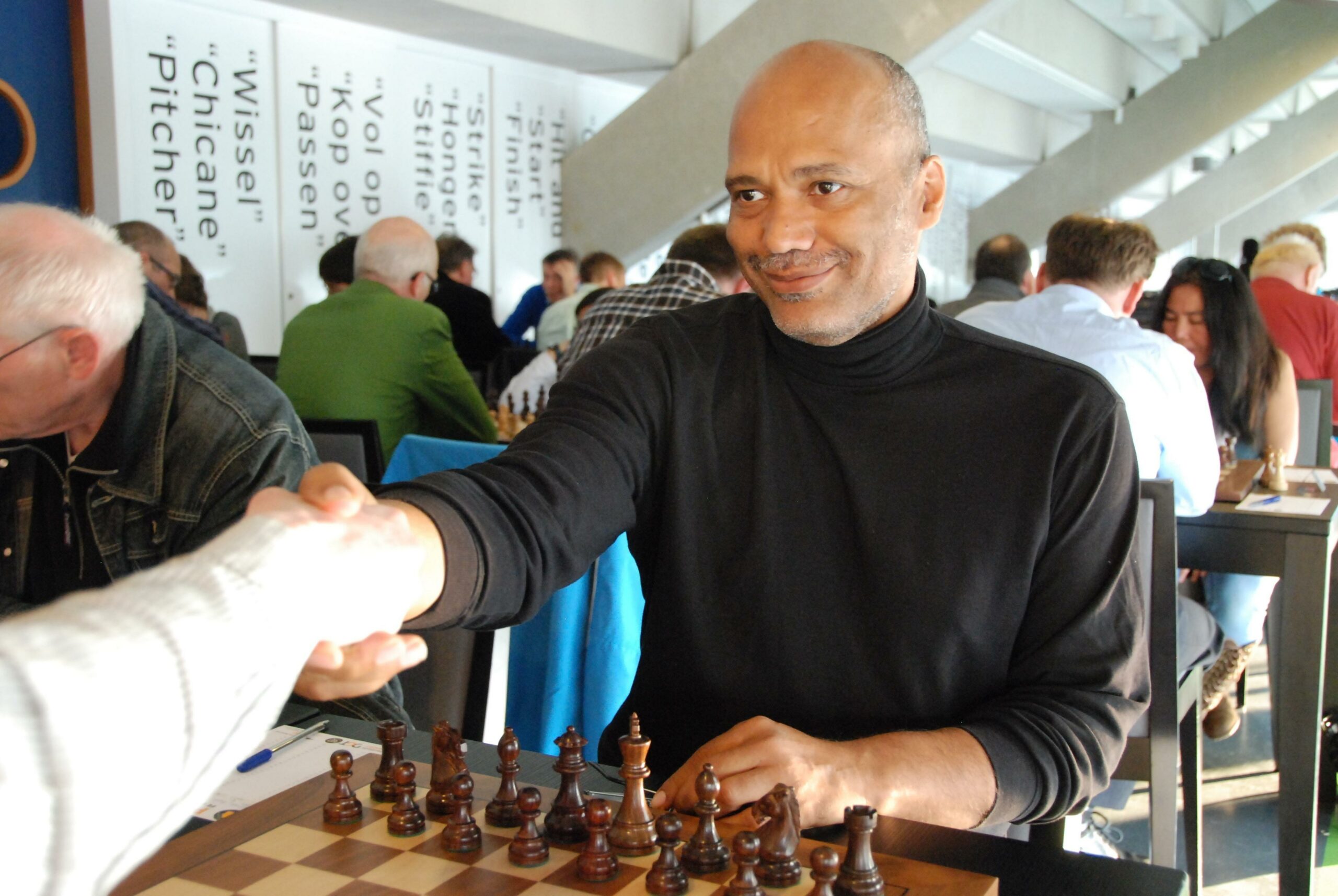Emory Tate was not just a chess player; he was a phenomenon who left a significant mark on the world of chess. Known for his tactical brilliance and exceptional ability to think several moves ahead, Tate captivated audiences and fellow players alike. His unique playing style and contributions to the game have made him a celebrated figure in the chess community.
Born on December 27, 1958, in Chicago, Illinois, Emory Tate's journey into the world of chess was anything but ordinary. He was not only a talented player but also a devoted family man, a U.S. Air Force veteran, and a passionate educator. Throughout his life, he exemplified the spirit of perseverance, breaking barriers and inspiring countless individuals to embrace the game of chess.
In the realm of chess, Emory Tate is often remembered for his remarkable victories against formidable opponents, including grandmasters. His legacy continues to influence aspiring chess players and enthusiasts who look up to his extraordinary skills. This article delves into the life, achievements, and impact of Emory Tate, ensuring that his contributions to chess are never forgotten.
What is Emory Tate's Biography?
Emory Tate's life was a tapestry woven with threads of determination, intelligence, and love for chess. His journey began in the vibrant city of Chicago, where he was introduced to the game at a young age. As he matured, Tate honed his skills, participating in various local and national tournaments. His hard work paid off as he became a well-respected player, known for his strategic approach and creativity on the chessboard.
Personal Details and Bio Data of Emory Tate
| Attribute | Details |
|---|---|
| Full Name | Emory Andrew Tate Jr. |
| Date of Birth | December 27, 1958 |
| Place of Birth | Chicago, Illinois, USA |
| Occupation | Chess Player, Educator, U.S. Air Force Veteran |
| Notable Achievements | Multiple-time tournament champion, known for defeating grandmasters |
| Date of Passing | October 17, 2015 |
How Did Emory Tate Contribute to Chess?
Emory Tate's contributions to chess extend far beyond his impressive tournament victories. He was an advocate for the game, promoting chess education and encouraging young players to explore their potential. Tate was also known for his engaging personality, often sharing his love for chess with anyone willing to learn. His teaching methods inspired many to appreciate the beauty of the game while developing their skills.
What Were Emory Tate's Most Memorable Matches?
Throughout his career, Emory Tate participated in numerous memorable matches that showcased his exceptional talent. Some highlights include:
- His stunning victory against grandmaster Andrei Sokolov at the 1985 U.S. Open, which demonstrated his deep understanding of strategy.
- A thrilling game against grandmaster Walter Browne, where Tate's tactical prowess shone brightly, leaving spectators in awe.
- His remarkable performance at the 1990 Atlanta Chess Congress, where he claimed the championship title, solidifying his status as a formidable competitor.
What Legacy Did Emory Tate Leave Behind?
Emory Tate's legacy is one of inspiration and excellence. His impact on the chess community is profound, as he paved the way for many aspiring players, particularly those from underrepresented backgrounds. Through his remarkable achievements and dedication to the game, Tate has become a symbol of what can be achieved with hard work and passion.
How Did Emory Tate Influence Young Chess Players?
Emory Tate's influence on young chess players was significant. He often participated in educational programs and workshops, sharing his knowledge and experience with the next generation. His ability to connect with students made him an effective mentor, encouraging many to pursue their interest in chess. Tate's teachings emphasized the importance of strategic thinking, resilience, and sportsmanship, qualities that remain essential in the game today.
What Lessons Can We Learn from Emory Tate's Life?
The life of Emory Tate serves as a reminder of the power of determination and the pursuit of excellence. His journey from a young chess enthusiast to a revered champion teaches us valuable lessons:
- Never underestimate the importance of practice: Tate's success was built on countless hours of dedication and practice, showcasing the value of hard work.
- Embrace diversity: Tate's achievements highlight the importance of inclusivity in chess, inspiring players from all backgrounds to participate.
- Share your knowledge: Tate's commitment to teaching and mentoring others underscores the significance of giving back to the community.
In conclusion, Emory Tate's contributions to chess and his extraordinary life story continue to inspire generations. His legacy will endure as long as the game is played, reminding us of the beauty of strategy, the importance of perseverance, and the profound impact one individual can have on the world. The chess community remembers Emory Tate not only as a brilliant player but also as a true ambassador of the game.


